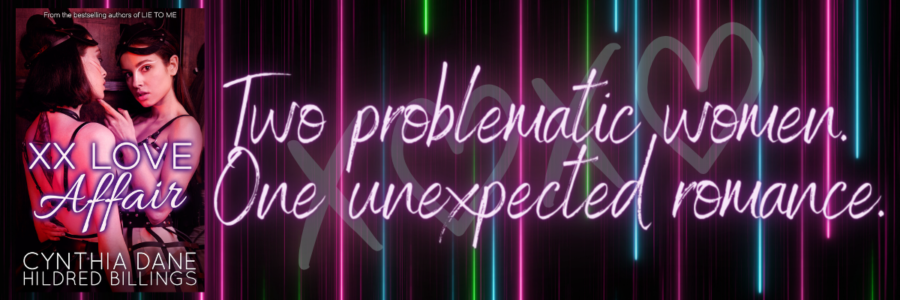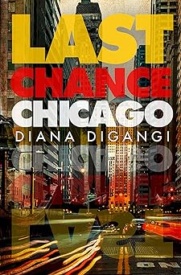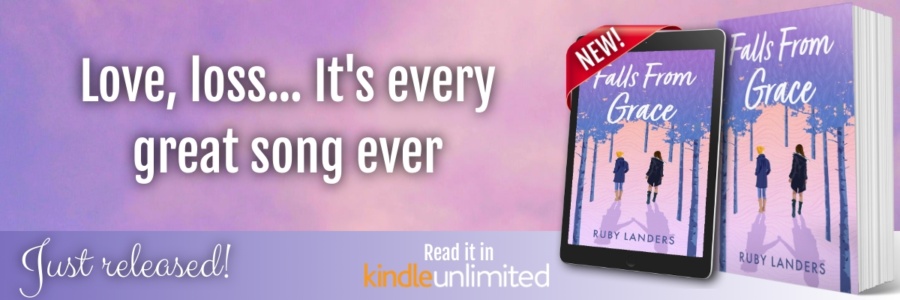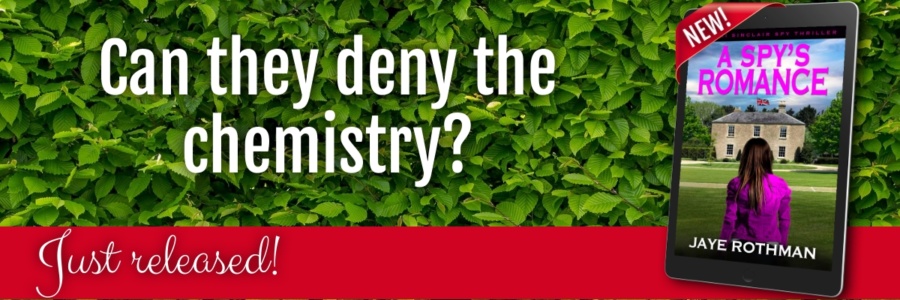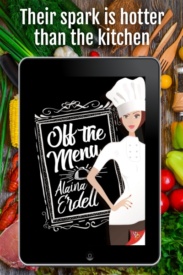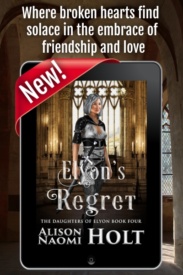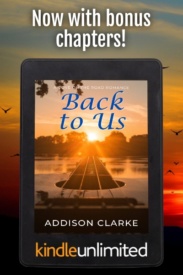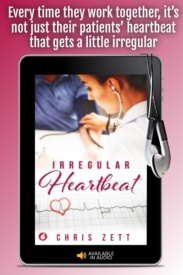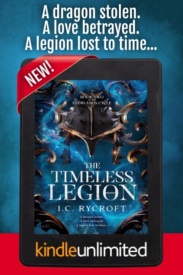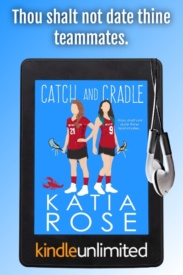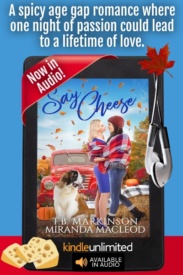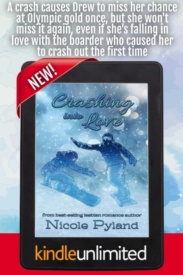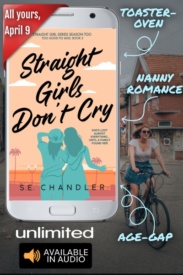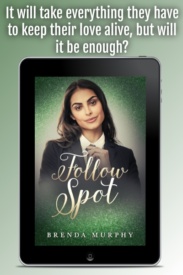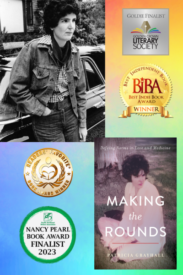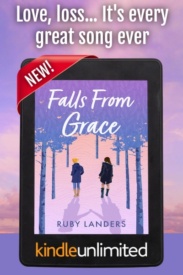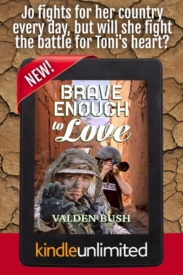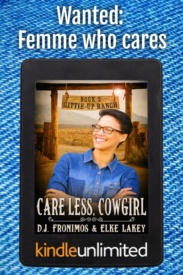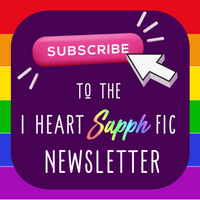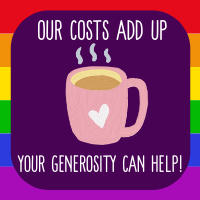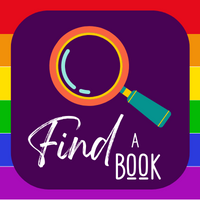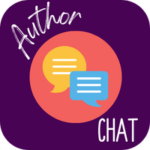
Get ready to learn more about the book Last Chance Chicago in this discussion with sapphic author Diana DiGangi.
Join us for an exclusive peek behind the scenes as we quiz Diana DiGangi about Last Chance Chicago, writing, reading, and more.
This book is part of the Addiction category in the 2024 IHS Reading Challenge.
Why did you write Last Chance Chicago?
This book came to my mind mostly fully-formed. I am a lifelong writer, but this was my first book, and the ideas behind it felt meaty enough for me to be able to sustain momentum through the entire project. I began work on the book in 2017, so many of the themes (such as interpersonal trust and collective trust in our institutions, immigration, corruption and greed in particular) were influenced by what was going on in the world at that time.
Who is your favorite character in the book?
I love Sam and Amy equally, and each of them share different aspects of my personality. I can be confident, straightforward and Columbo-esque like Sam, but like Amy I am stoic, worry prone, and tend to take a long-term perspective. I’m Italian-American and an only child like Sam, but otherwise our upbringings aren’t very similar.
I’m also fond of Shane, Sam’s journalist friend from college, and of course we’re both journalists. We don’t have much else in common, though I too would be pretty peeved if I showed up to cover a trial and the defense attorney put me on the stand as a surprise witness.
What inspired the idea for Last Chance Chicago?
A number of different things! I’ve been fascinated by insider trading since I was 11 and my dad showed me the movie Wall Street. As a journalist, I’ve always been interested in exploring how systems can fail individuals and how those failures can be rectified. I also really enjoy narratives about a rift between two people who know each other extremely well (including ex-spouses), and the potential for that rift to be mended when they’re forced to tackle a threat as a team.
I also personally wanted to read a book about a lesbian relationship that had a strong crossover with a genre I enjoy, and I really enjoy legal and financial thrillers. I also love a plot along the lines of “man on the inside of the system gets tossed out, then works to get justice as an outsider” — especially when it includes elements of satire, like Thank You For Smoking or Succession.
What was the biggest challenge writing this book?
Finding the time! When I started writing it, I was working full-time and attending grad school full-time. I got a little free time back in my schedule once I finished grad school, but there are always interruptions and conflicts. As a journalist, I’m at least accustomed to writing on deadline, but a novel is a private project written on spec and easy to set aside. Because I loved the project so much and was so excited about it, I had a lot of momentum and motivation to finish, but sometimes set the project aside for a month or two when I ran into plot problems or couldn’t proceed without further research.
How much research did you need to do for Last Chance Chicago?
A lot! I still have a Google Drive folder full of relevant court transcripts. I wanted people who work in law or finance to be able to read it without rolling their eyes.
What is your writing process like?
I have an initial idea formation phase, where the story’s hook comes to me and additional ideas like setting and characters crystalize around it. Most of these additional ideas come to me while I’m biking, showering, walking or driving. During this phase I often write down ideas about themes, names and motifs as they occur to me. When I feel like the beginnings of a solid story are there, I write a complete outline and major character bios. Once that’s complete, I move to the actual writing phase, and I write in chronological order while self-editing prior writing and making adjustments to the outline as needed. A lot of unplanned detail emerges in the actual writing process, and sometimes influences the plot, but the bones of the story always remain the same. I subscribe to David Fincher’s philosophy of “People will say, “There are a million ways to shoot a scene”, but I don’t think so. I think there’re two, maybe. And the other one is wrong.” But the emergence of unplanned details is actually my favorite part of the process. It feels like a mysterious alchemy happening deep in my mind.
I wouldn’t change anything about this process — it works perfectly for me and fits with the way I approach most tasks.
What is the most valuable piece of advice you’ve been given about writing, and by whom?
“Writers write.” No one person has said this to me, but it’s fundamental to working as a journalist. You often don’t have time to be precious about the process, procrastinate or disappear in doubt. When I find myself struggling to produce fiction writing, or taking criticism or rejections too personally, I fall back on that journeyman attitude and just eat the elephant one bite at a time.
If you could be mentored by a famous author (living or not), who would it be?
I’m not a SF/F writer, but I would love to pick Tamsyn Muir’s brain. My mind was blown reading the second and third entries in the Locked Tomb series, then returning to reread the first and realizing how many bread crumbs she had left and how much restraint she had shown in keeping things from the reader. It makes for incredibly satisfying “mystery box” storytelling where each entry in the series seems to zoom further out and show you more of the whole picture.
What books did you grow up reading?
As a kid I read everything I could get my hands on, especially things I wasn’t supposed to have my hands on! I read a lot of books my parents had lying around, including the crime/mystery novels my mom loves, like Patricia Cornwell’s Kay Scarpetta series and Janet Evanovich’s Stephanie Plum books. I also read similarly gritty but age appropriate books — I was definitely influenced Wendelin Van Draanen’s Sammy Keyes series, and K.A. Applegate’s Animorphs. I think these influences, along with others, made me want to write voicey thrillers with tough female protagonists.
What books have you read more than once in your life?
I read Jonathan Franzen’s Freedom about once a year. I grew up in the suburbs around D.C. and was 14 in 2008, so it resonated with me a lot when I first read it at 18, and continues to resonate in different, fresh ways every time I read it.


